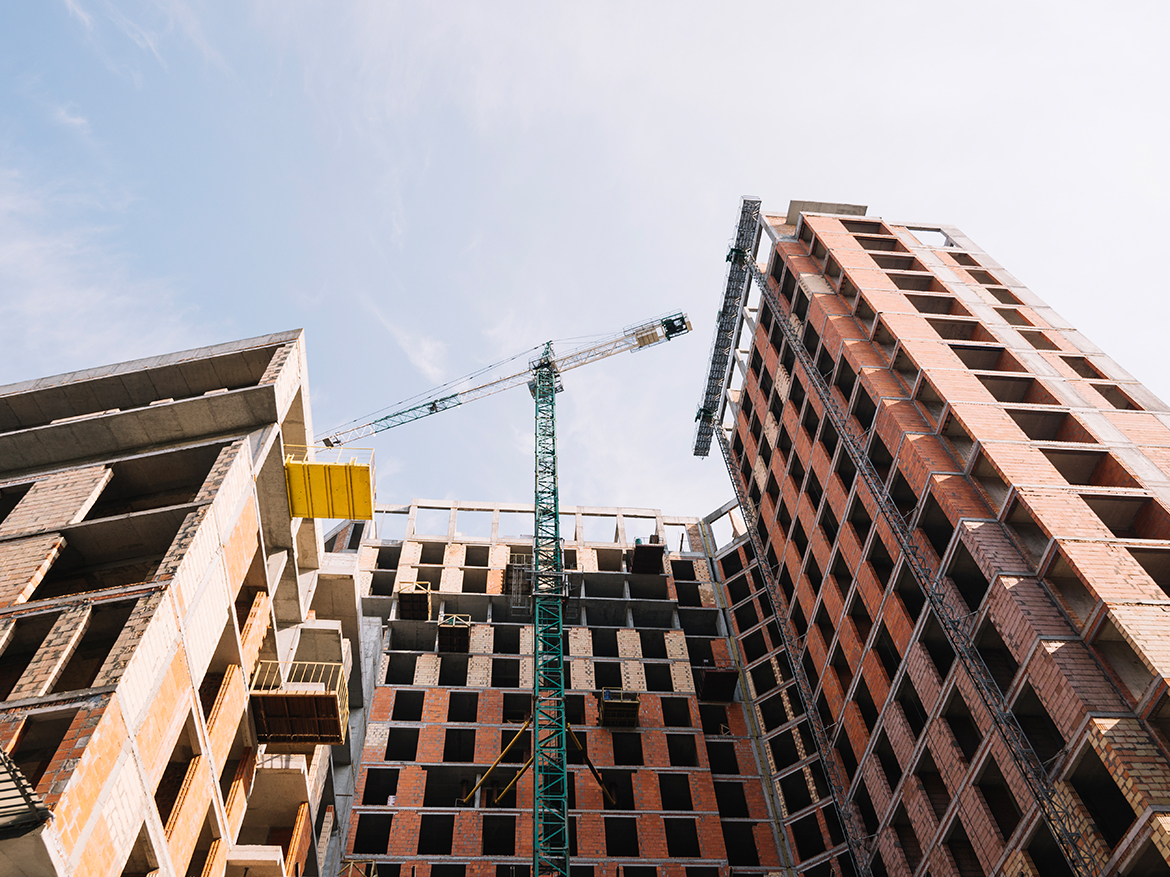Introduction
When it comes to construction, the word “quality” should be paramount in our minds. Quality construction is not merely a catchphrase; it’s the very essence of building something that lasts, functions impeccably, and stands as a testament to human engineering and craftsmanship. In this blog, we will explore the importance of quality construction, its components, and why it should be the standard for every project.
The Essence of Quality Construction
Quality construction encompasses various aspects, each contributing to the overall excellence of a project. Here are some key components
- Design Precision: Quality construction starts with meticulous planning and design. Architects and engineers work closely to create detailed blueprints that ensure structural integrity, functionality, and aesthetics. These plans serve as the foundation for a successful project.
- Material Selection: The choice of materials is critical. High-quality, durable materials not only enhance the project’s longevity but also minimize maintenance costs over time. Quality construction often involves selecting materials that are sustainable and environmentally friendly.
- Skilled Workmanship: Construction is a labor-intensive process that relies heavily on the expertise of the workforce. Skilled craftsmen and tradespeople who take pride in their work are essential for achieving precision and excellence in construction.
- Stringent Quality Control: Rigorous quality control measures are necessary at every stage of construction. This includes inspections, testing, and adherence to established standards to ensure that the project aligns with the approved design and specifications.
- Project Management: Effective project management is essential to ensure that timelines are met, resources are allocated efficiently, and potential issues are addressed promptly. A well-managed construction project is more likely to achieve the desired level of quality.
The Benefits of Quality Construction
- Durability: Quality construction ensures that buildings and infrastructure are built to withstand the test of time. This not only enhances safety but also minimizes the need for costly repairs and replacements.
- Safety: Well-constructed buildings are safer for occupants and passersby. They are less prone to accidents and structural failures, providing peace of mind to all stakeholders.
- Energy Efficiency: Quality construction often incorporates energy-efficient features and materials. This can lead to reduced energy consumption and lower utility bills, making it environmentally responsible and cost-effective.
- Aesthetics: Quality construction enhances the visual appeal of structures. Well-designed and well-built buildings can become landmarks and sources of pride for communities.
- Value Appreciation: Properties constructed with quality in mind tend to appreciate in value over time. This is particularly important for homeowners and real estate investors.
Conclusion
Quality construction is the cornerstone of any successful building project. It represents a commitment to excellence, safety, and sustainability. Whether it’s a residential home, a commercial building, or a massive infrastructure project, prioritizing quality in construction ensures that the end result is not only functional but also a source of pride for generations to come. As consumers, investors, and builders, let’s continue to champion quality construction as the standard in our industry, recognizing that it’s the key to a brighter and more sustainable future.










